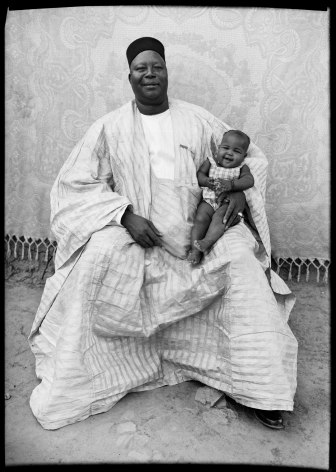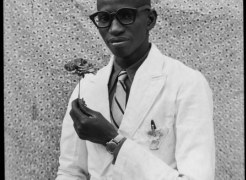
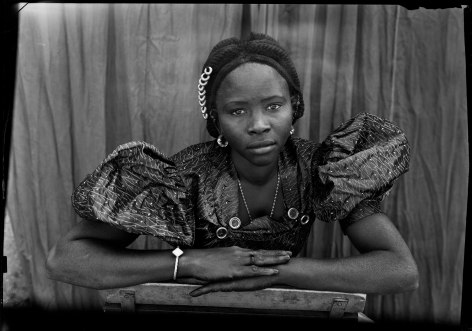
Seydou Keïta
Untitled, 1952-1955
Modern gelatin silver print
110 x 170 cm
Edition of 5
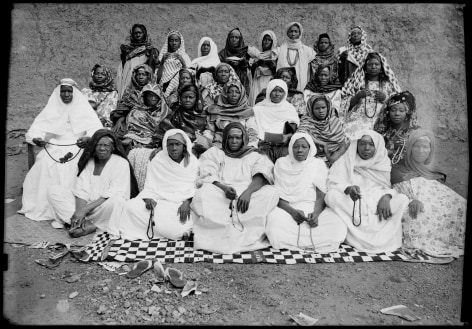
Seydou Keïta
Untitled, 1954-1960
Modern gelatin silver print
110 x 170 cm
Edition of 5
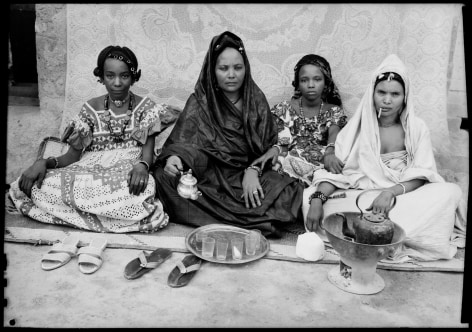
Seydou Keïta
Untitled, 1948-1954
Modern gelatin silver print
110 x 170 cm
Edition of 5
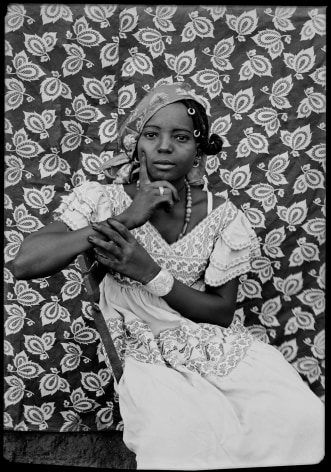
Seydou Keïta
Untitled, 1956-1959
Modern gelatin silver print
170 x 110 cm
Edition of 5
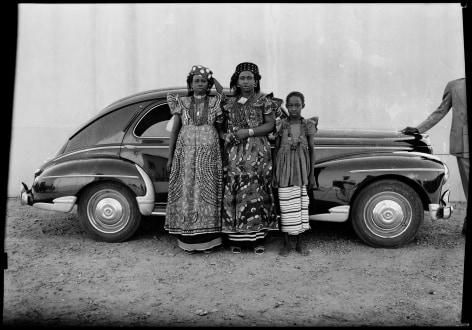
Seydou Keïta
Untitled, 1954-1960
Modern gelatin silver print
110 x 170 cm
Edition of 5
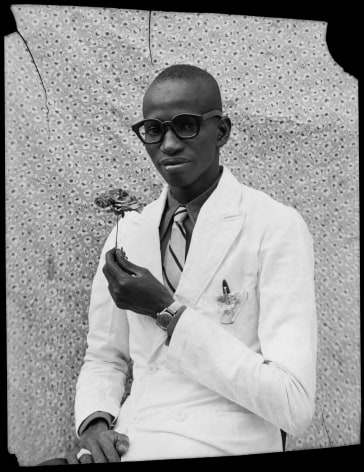
Seydou Keïta
Untitled, 1958-1959
Modern gelatin silver print
170 x 110 cm
Edition of 5
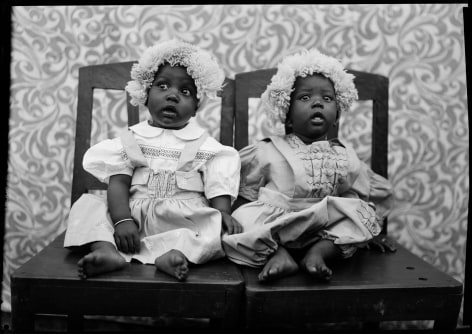
Seydou Keïta
Untitled, 1953-1957
Modern gelatin silver print
110 x 170 cm
Edition of 5
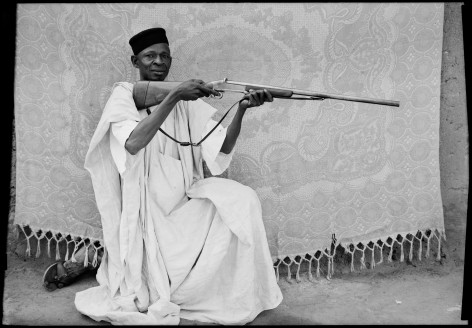
Seydou Keïta
Untitled, 1948-1954
Modern gelatin silver print
110 x 170 cm
Edition of 5
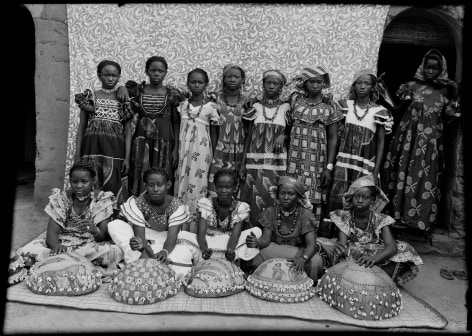
Seydou Keïta
Untitled, 1953-1957
Modern gelatin silver print
110 x 170 cm
Edition of 5
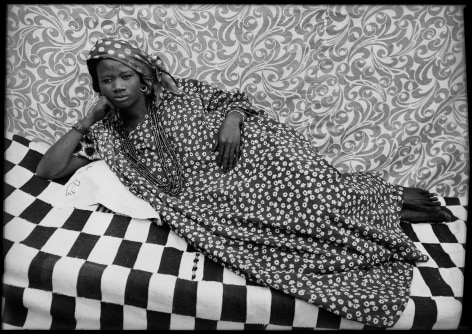
Seydou Keïta
Untitled, 1953-1957
Modern gelatin silver print
110 x 170 cm
Edition of 5
Seydou Keïta
Untitled, 1952-1955
Modern gelatin silver print
110 x 170 cm
Edition of 5
Seydou Keïta
Untitled, 1953-1957
Modern gelatin silver print
170 x 110 cm
Edition of 5
Seydou Keïta
Untitled, 1956-1959
Gelatin silver print, printed later
170 x 110 cm
Edition of 5
Seydou Keïta
Untitled, 1948-1954
Modern gelatin silver print
170 x 110 cm
Edition of 5
Seydou Keïta
Untitled, 1948-1954
Modern gelatin silver print
170 x 110 cm
Edition of 5
Seydou Keïta
Untitled, 1948-1954
Modern gelatin silver print
170 x 110 cm
Edition of 5
Seydou Keïta
Untitled, 1953-1957
Modern gelatin silver print
170 x 110 cm
Edition of 5
Seydou Keïta
Untitled, 1958-1959
Modern gelatin silver print
170 x 110 cm
Edition of 5
Seydou Keïta
Untitled, 1948-1954
Modern gelatin silver print
170 x 110 cm
Edition of 5
African portraitist Seydou Keïta lived in Bamako, Mali from 1921 to 2001. A self-taught photographer, he opened a studio in 1948 and specialized in portraiture. Seydou Keïta’s photographs eloquently portray Bamako society during its era of transition from a cosmopolitan French colony to an independent capital. Whether photographing single individuals, families, or professional associations, Keïta balanced a strict sense of formality with a remarkable level of intimacy with his subjects. Like many professional photographers, he furnished his studio with numerous props, from backdrops and costumes, to Vespas and luxury cars. He would renew these props every few years, which later allowed him to establish a chronology for his work
He worked intuitively, reinventing portrait photography through his search for extreme precision. In 1962 the newly installed Socialist government made Keïta its official photographer; shortly thereafter he closed down his studio, although he remained active until his retirement in 1977. His archive of over 10,000 negatives was gradually brought to light in the early 1990s; Keïta has since achieved international recognition. Inventive and highly modern, his emphasis on the essential components of portrait photography—light, subject, framing—firmly establishes Keïta among the twentieth-century masters of the genre.



